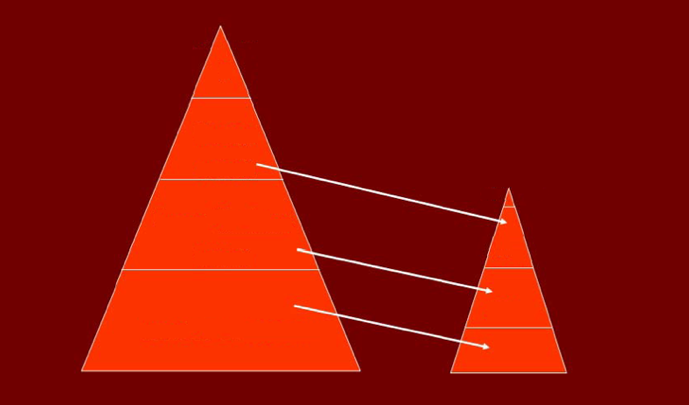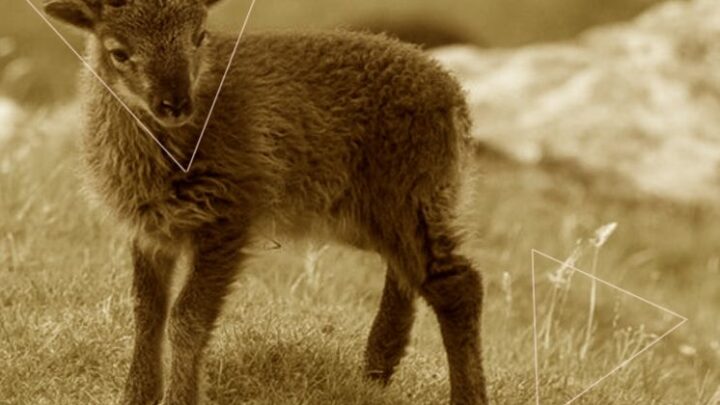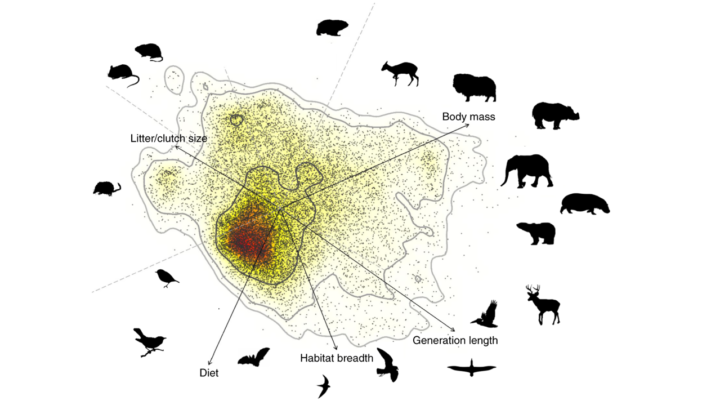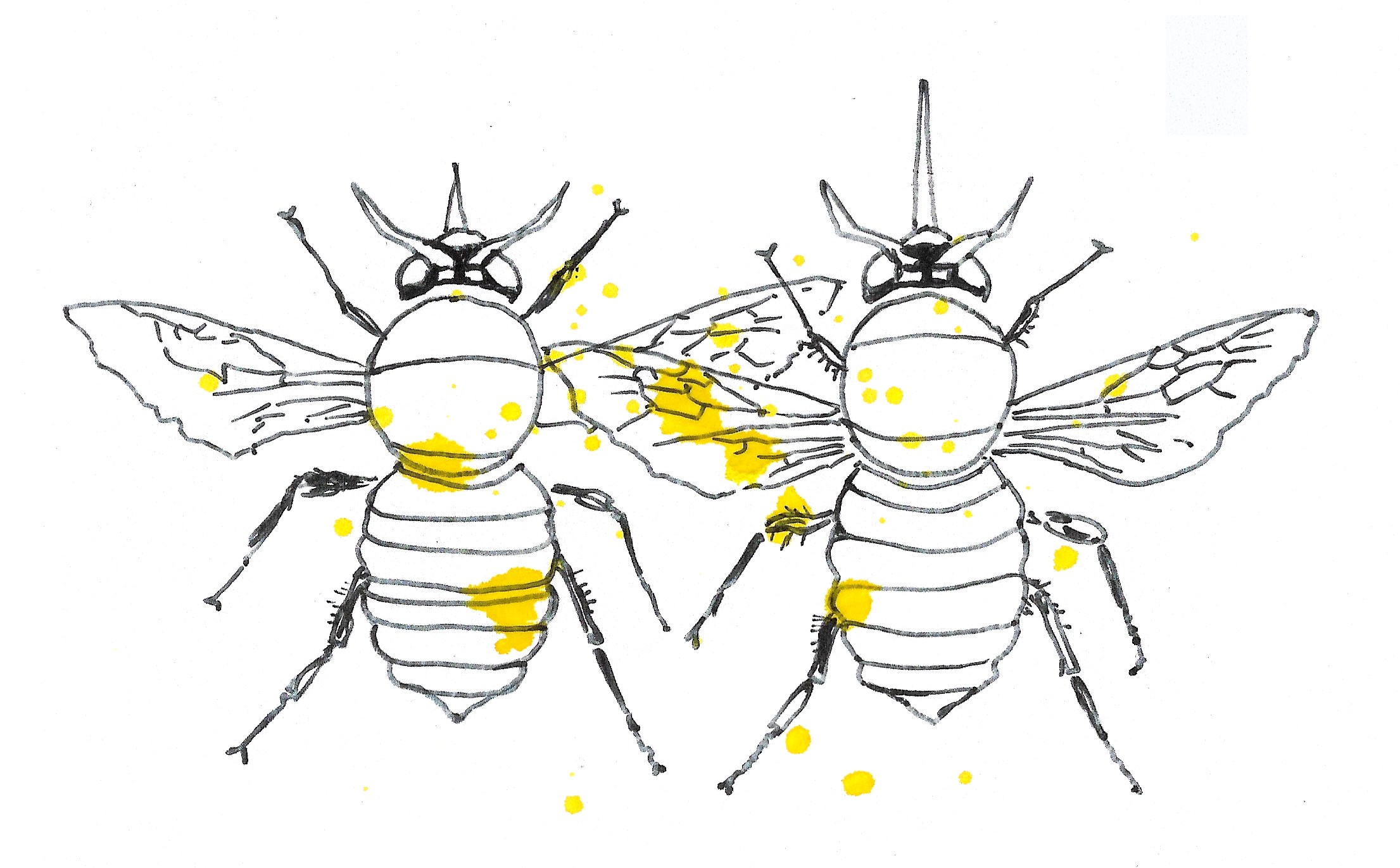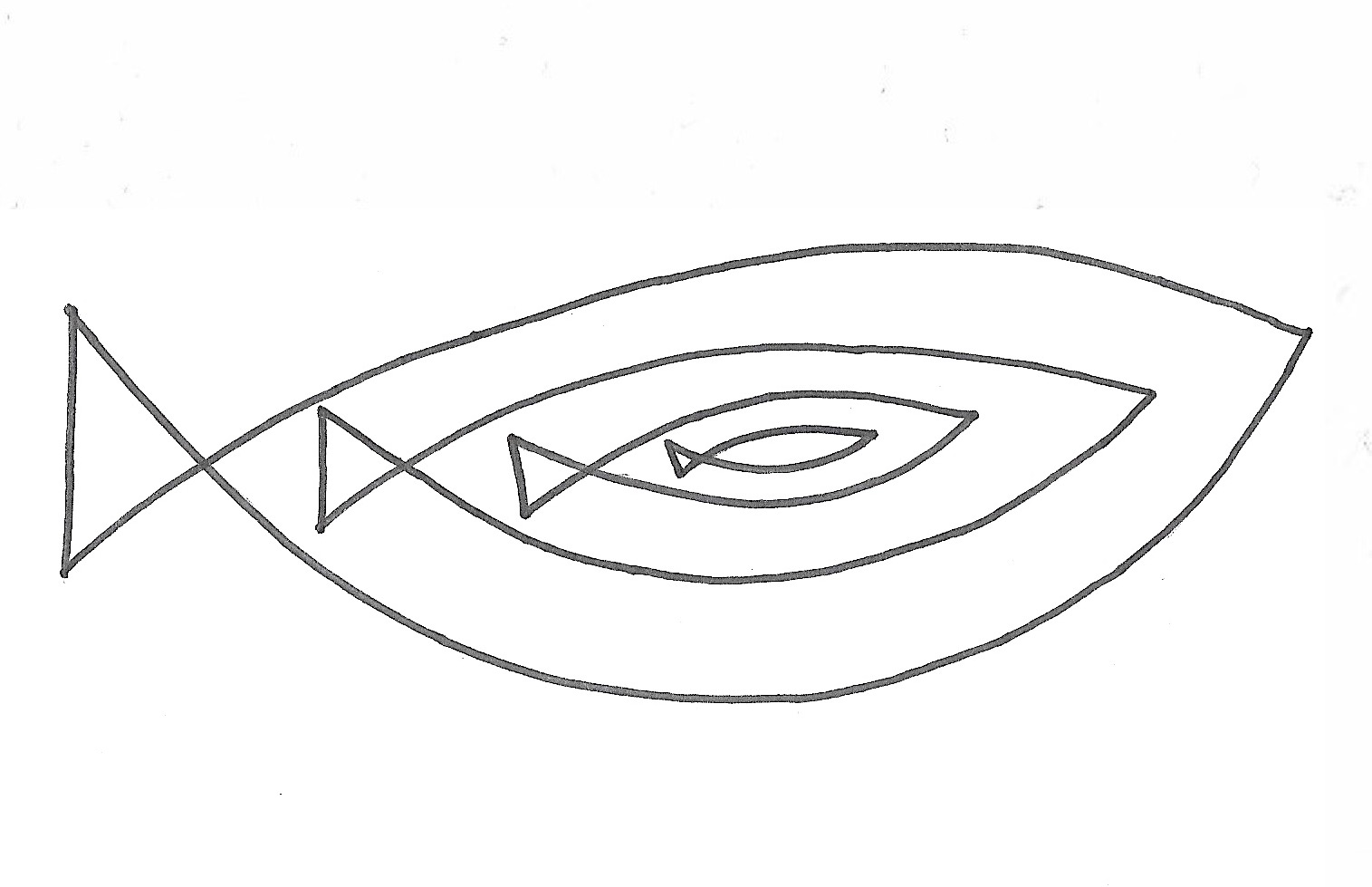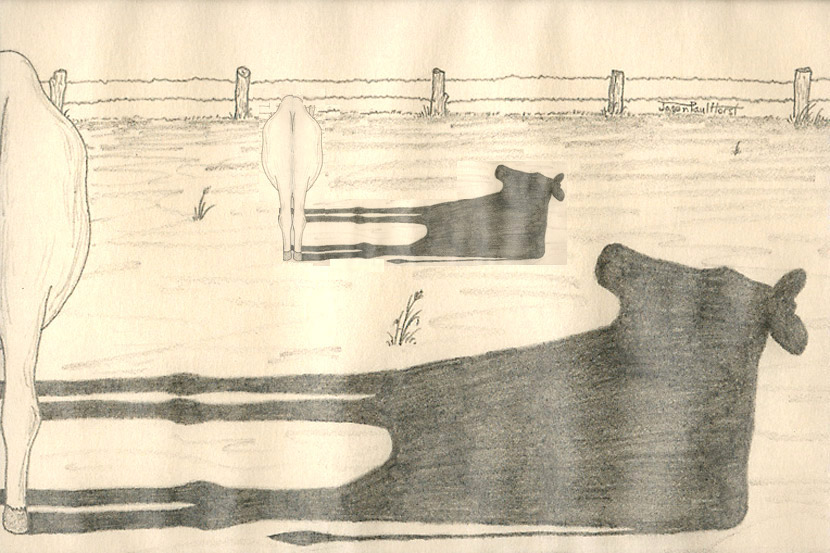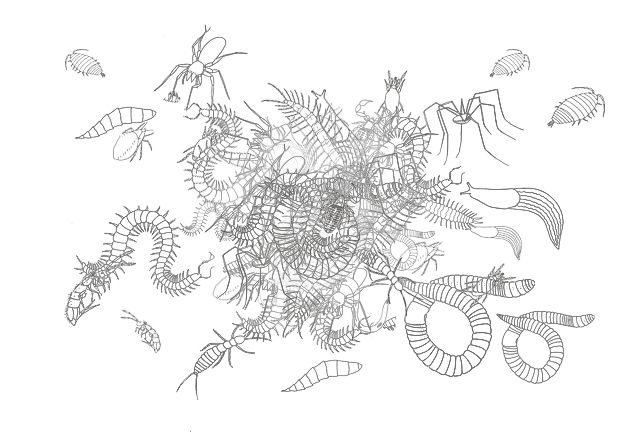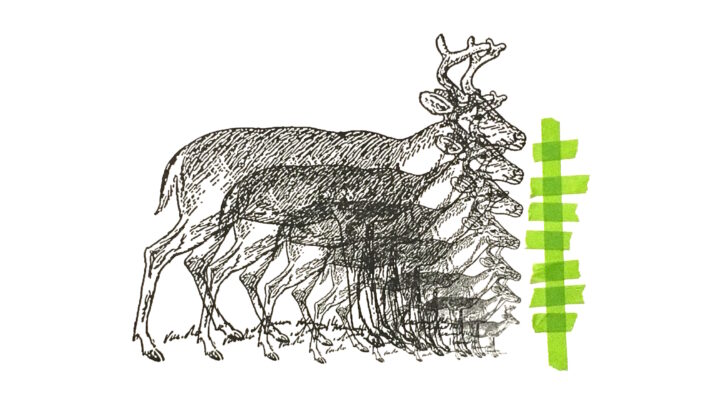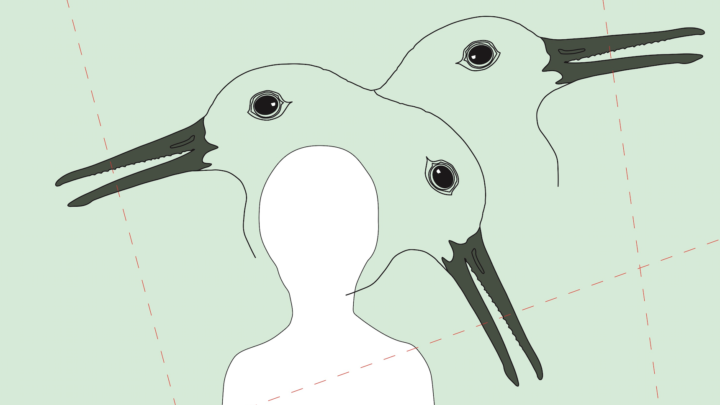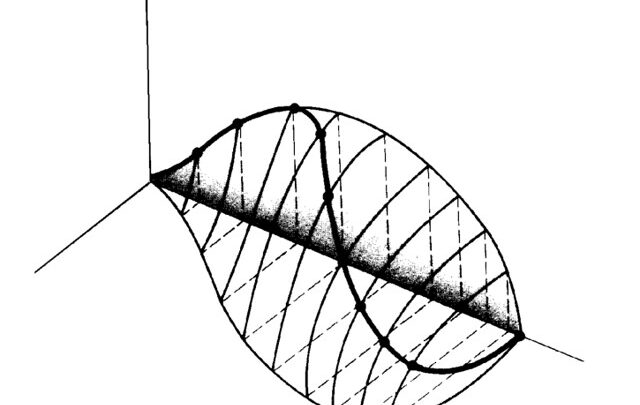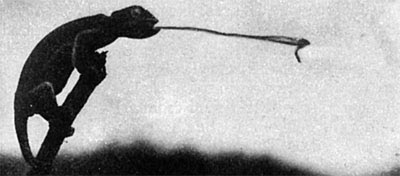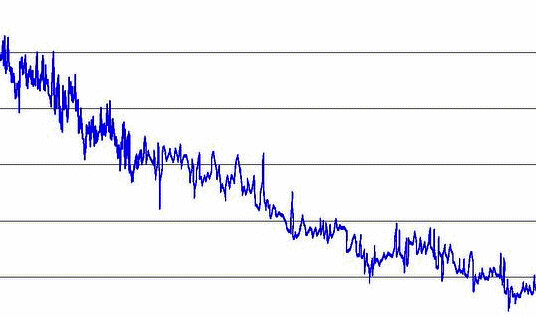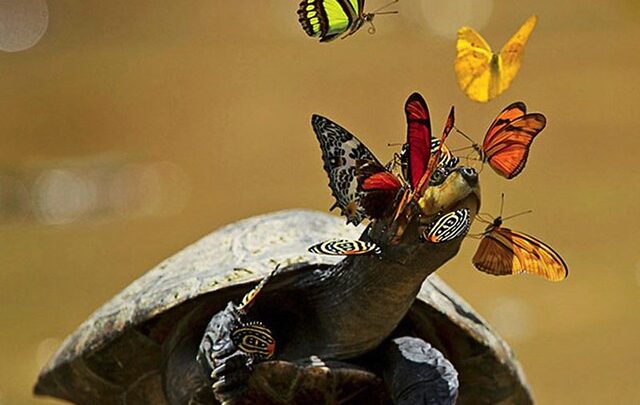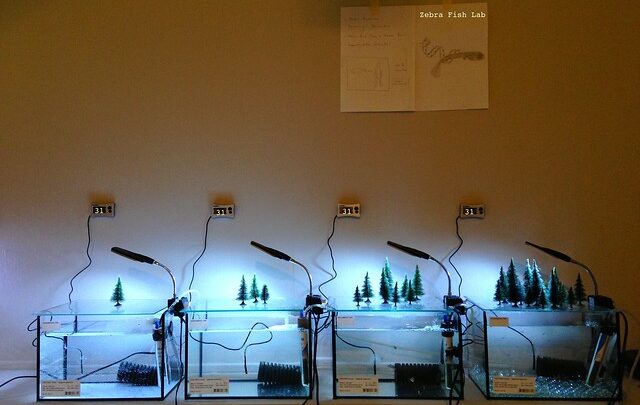Category: Ecology
Elfin Forest
March 20, 2023Young Mum Factor
November 22, 2022A Small Advantage
May 30, 2022Small Amazonians
November 27, 2021Short-Tongued Bombus
April 10, 2021A study in Science shows that in a period of just 40 years two alpine bumblebee species (Bombus balteatus and Bombus sylvicola) rapidly evolved significantly shorter tongues. Short-tongued species are more generalist foragers, able to feed on many different types of flowers. They are replacing more specialised, long-tongued…
No Small Fish
February 10, 2021Micro-Livestock’s Short Shadow
October 18, 2018Livestock’s Long Shadow: Environmental Issues and Options, a 2006 report released by the Food and Agriculture Organisation, assesses the impact of the livestock sector on environmental challenges, along with potential technical and policy approaches to mitigation. The livestock sector poses serious challenges to the environment at every…
Neglecting Gravity
April 17, 2018Transient Dwarfism of Soil Fauna
November 30, 2017Royal (Feynmann) Antelope
May 16, 2016Red Knot Protein Transition
May 13, 2016Various animal species are responding to global warming by reducing their body size. In the mid 19th century biologists had already observed the ecogeographic principle that within a broadly distributed taxonomic clade, populations and species of larger size are found in colder environments, while populations…
Trade-Off Dialectics
March 7, 2016Small Chameleon’s Mighty Tongue
January 7, 2016Co-Ex Interface
September 27, 2014Voluntary Simplicity
April 23, 2014Voluntary simplicity is characterised by individuals being satisfied with what they need rather than what they want. Simple living movements testify to the mindset and behaviour needed for humanity to make drastic changes. Its many secular and religious manifestations function as a source of how to…
Degrowth
February 15, 2014Degrowth is a political, economic, and social movement based on ecological economics. Degrowth thinkers and activists advocate for the downscaling of production and consumption arguing that overconsumption lies at the root of long term environmental issues and social inequalities. It is considered an essential economic strategy responding to the…
